It's no surprise that iPhones are very popular among teenagers and members of the so-called Generation Z. In a survey by Piper Jaffray, a whopping 83% of teenagers said they own or have owned an iPhone. In a similar questionnaire conducted by Business Insider magazine, 46% of respondents stated that they used a tablet or smartphone with the iOS operating system to fill in the questions. However, it is necessary to take into account that the statistics refer to teenagers from the United States.
By the time Generation Z started growing up, the iPhone's status had gradually transformed from a luxury item to something that is simply necessary in a way. In some areas, even owning an iPhone is considered a kind of social norm, and those who don't own an iOS device are often ridiculed or marginalized. Nineteen-year-old student Mason O'Hanlon said people who don't own an iPhone are often seen as wanting to be different. And he estimated that roughly 90% of his acquaintances use an iPhone.
However, iPhones are still not - and will not be for some time - cheap smartphones, and even the cheapest ones currently available on Apple's website cost tens of thousands of crowns, which is certainly not an insignificant amount.
According to 20-year-old Nicole Jimenez, owning a smartphone other than Apple also means a certain social exclusion. "If you don't have an iPhone, no one can add you to a group chat," said the Rutgers University student, adding that while it might look bad, it's simply difficult to group chat with people who don't have an iPhone.
It could be interest you
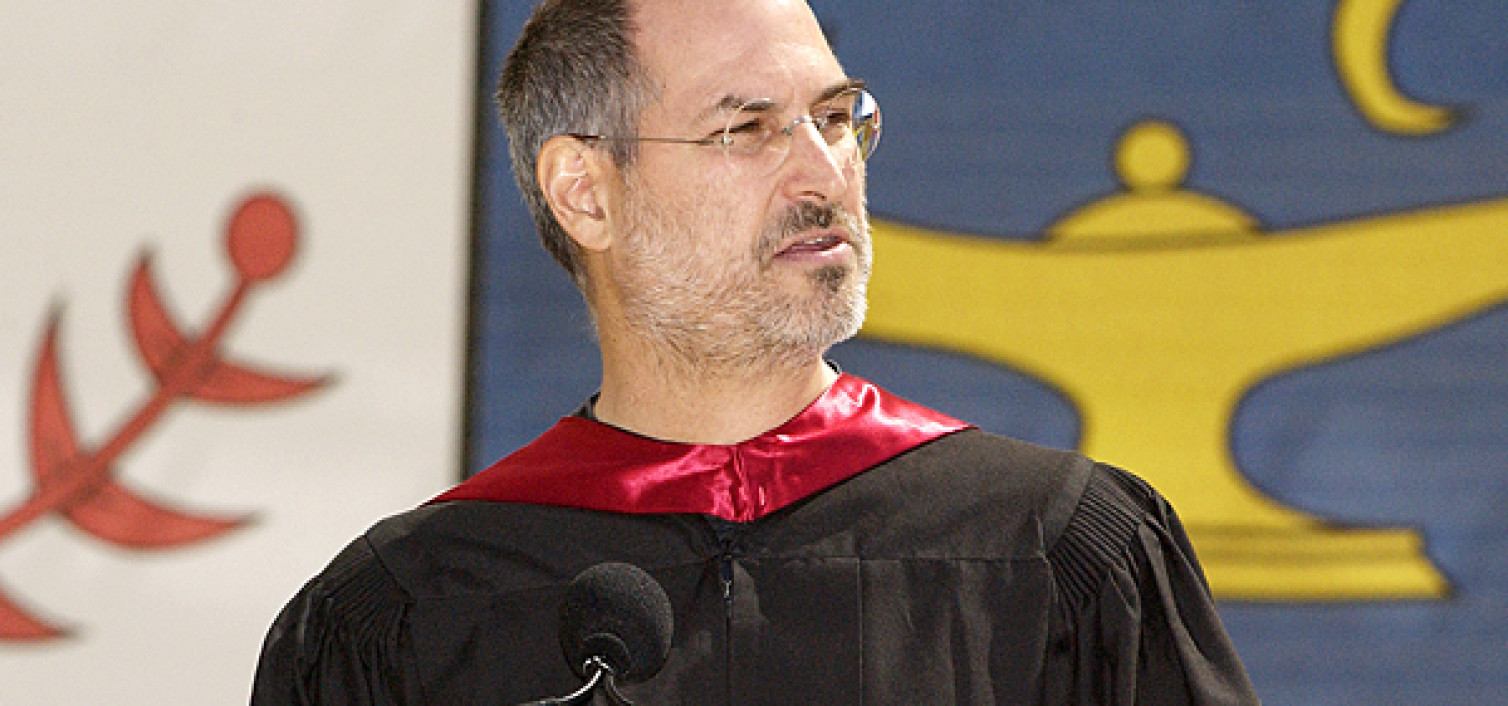
According to experts, smartphones - and especially those from Apple - have a large share in the emergence of the so-called "multitasking culture", where users consume a disproportionately large amount of media content, because they are also using their iPhones at the same time as their computers. According to the teenagers who participated in the survey Business Insider, but this is inefficient multitasking that doesn't actually work.
"We know from cognitive psychology that the human brain can't actually consciously focus on more than one thing at a time," reports Jean Twenge of San Diego State University.
However, teenagers are constantly forced to multitask in a way, due to notifications on their smartphones. Without immediately checking notifications, they feel that they could miss something important.


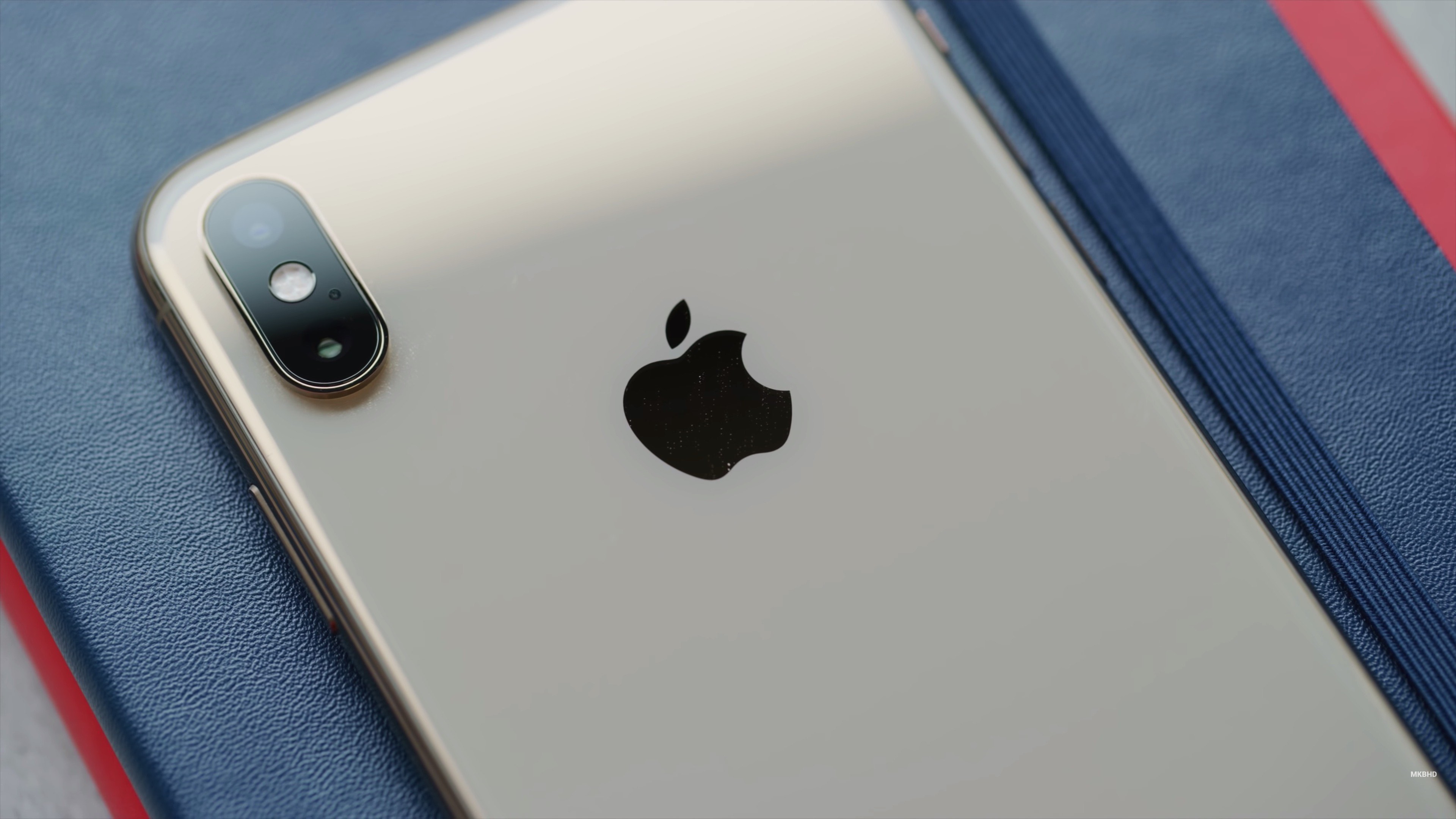
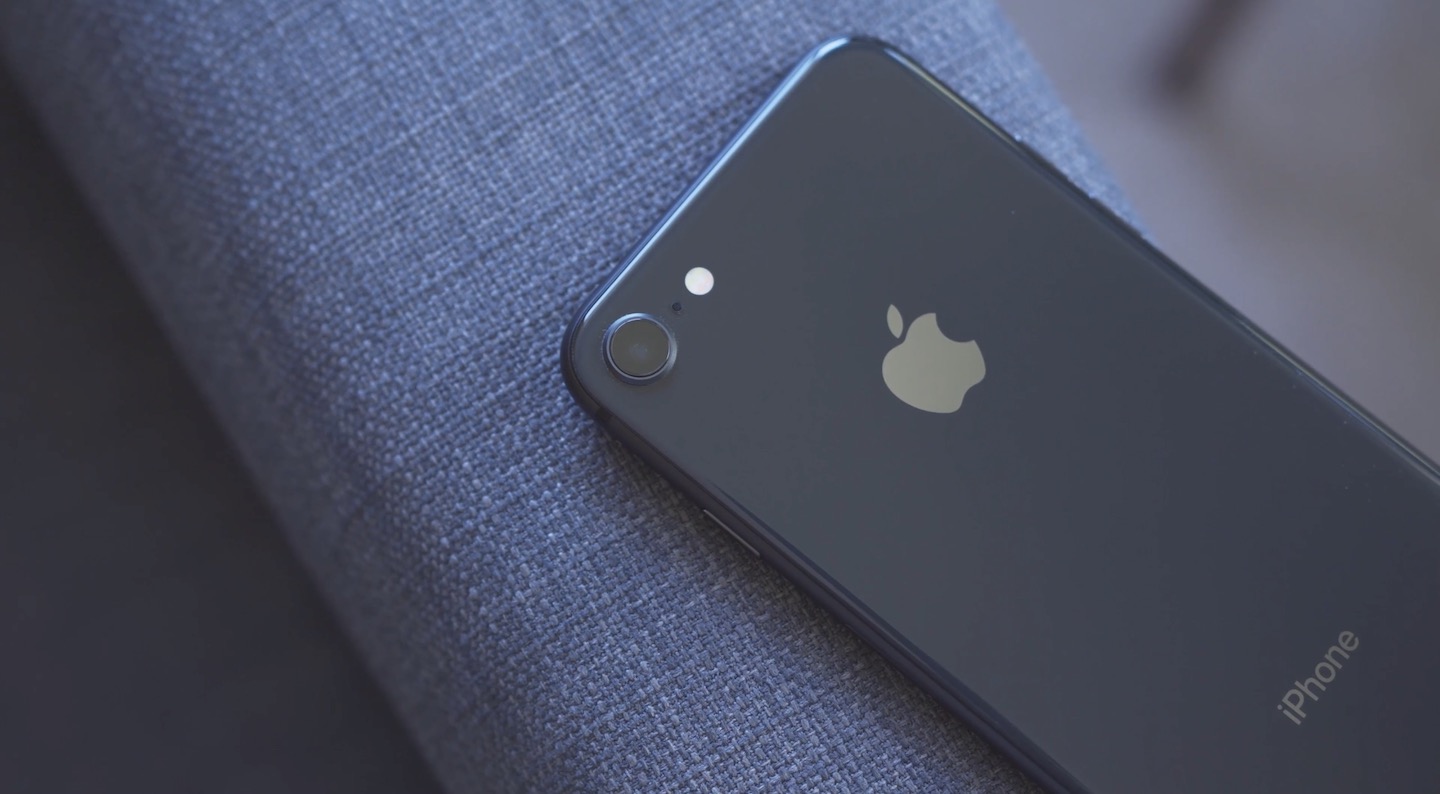
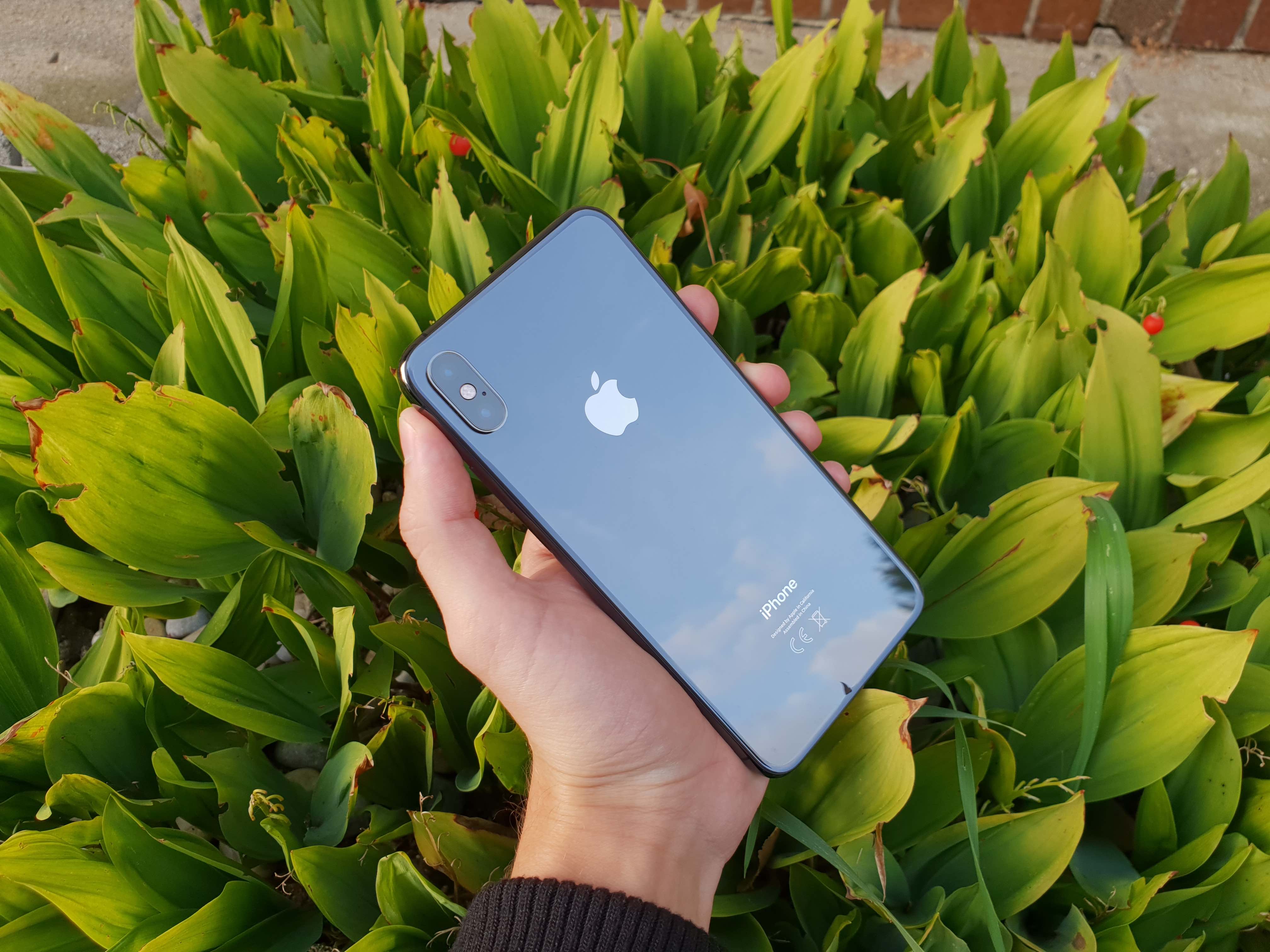
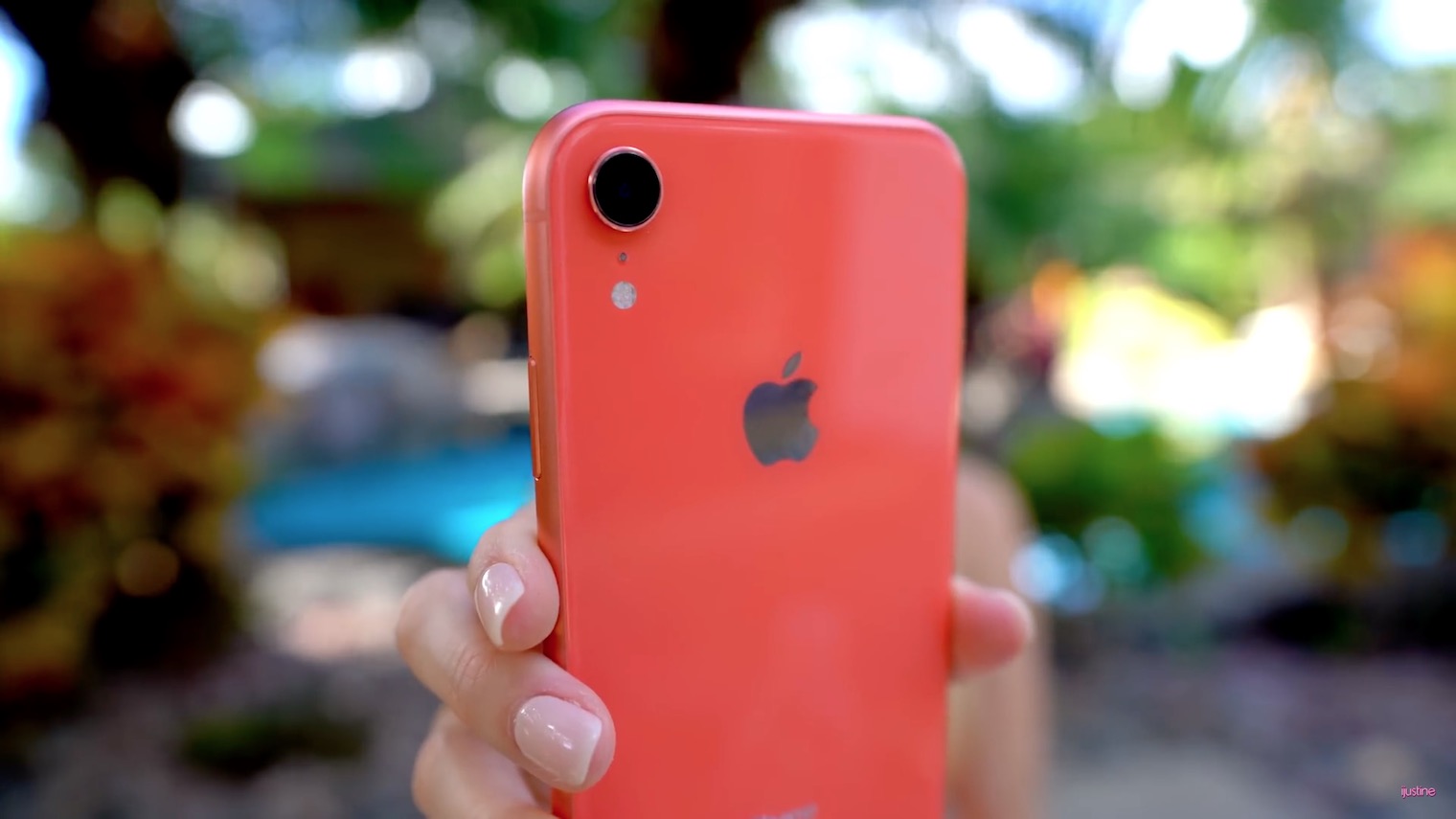

I also have excluded children. With a salary of 20 gross, the Asian electronics with the Iphone logo are sci-fi overpriced. Today is demented in this.
Of course, the iPhone is much more affordable in America and practically anyone can buy one.
In the UK it was also normal for you to choose the phone you wanted for a £4 plan. I tried the 14s but I returned it after 86 days, I couldn't get used to the controls. I grew up on an xXNUMX platform so I found Apple's logic strange. And Apple is no longer an innovator today.
Is it hard to find a well-paid job? I don't really want to believe it...
https://www.idnes.cz/ekonomika/domaci/lidl-prodavacky-mzdy-pokladni-zvyseni-platy.A190225_143440_ekonomika_are
Moron.
I don't like to spoil your ideas, but at our school everyone with an iPhone was a moron who didn't know what to do with money =) to this day, I laugh at everyone who presents themselves through the brand of a mobile phone. I'm not saying that the iPhone is not a quality device, I'm saying that it's an UNNECESSARY overpriced device with functions that every cheaper android can do for free. I'm not surprised that you present the apple as the best and most fashionable on the apple website... I'm just surprised that after writing and publishing such an article full of lies and misinformation, the author can sleep in peace or look at himself in the mirror. if you can't do anything in life and you have a problem even with basic grammar, don't despair, sometimes you can be the author of articles on jablíčkář.cz =)
Presenting yourself through the possession of something is quite pathetic, but this self-deprecation is even more pathetic.
It looks strange when a person in an old Skoda laughs at someone in a Bentley or assesses the uselessness of someone else's phone, for which he himself would earn two months.
Otherwise, author, I would like to know why you are writing an article about children from the USA? let them buy whatever they want there. what do I need them here in the Czech Republic? you write about areas in the united states. what areas? are you relying on any numbers, where are the numbers from? the sources of your articles are not here, so it's just a finger-sucking. slap yourself Amayo such abomination that you wrote just for a few crowns. you're just confirming that an apple user is a liar or an idiot. my respect
this is called i-ovce :D or i-dioti...
It's more about the fact that in other countries such as the USA, Britain, Germany, etc., the iPhone is taken as an ordinary phone, and with their salaries they can afford two. Whereas, for example, in the Czech Republic it is taken exactly as the description of the article suggests. People are just stupid and just because there is a bitten apple they are able to spend tens of thousands and they don't even know why. A simple question that I often ask apple users. " why did you buy an iphone? "
And the answer is always the same "because it's apple"
So here you see how society is divided. To the fools who buy everything just to stick to the mass of people and to the smart people who want to deviate and do things their own way.
A discussion full of poor androids...
You baby!!!! I'm 50 and I've been struggling all my life! But I know that money does not judge the quality of a person! The I Phone is of good quality, no doubt about it. But for half the price, I have a Huawei p20 pro and I am extremely satisfied! Am I therefore a noob? Nope, the difference in price is what filled the fridge!
Carve in stone in golden letters….. AMEN…..for the money saved I have at least 30 Kg of luxury organic beef for steaks, instead of a bitten apple… (Apple is great, but the prices at which it sells its models are quite exorbitant compared to the competition)
How does it relate to age? :)
We're a poor Android, but I still can't use it effectively in the four years I've had it. I have no idea what most of the features mean.
So go for the loan and rush for the iPhone. And you're not a bitch...
Write an article about the fact that it is a matter of course for teenagers to live in an igloo or own a machine gun and back it up with an interview with Eskimos or members of ISIS?
Around 1999-2001, we bought the most expensive Nokia 8850 phones, which cost 35 CZK, and none of us considered ourselves to be the top of the company. I mean, those of us who could afford it, I had pawnshops at the time and I bought whatever I wanted. But it was still just an ordinary phone for us and nothing more. Today, most teenagers will buy a second-hand iPhone for half the price, and only a few will buy it brand new and already consider themselves the social elite. ))))) I have a Samsung S000 and drive a 10 Range Rover. Today, I have been collecting raw materials for 2017 years and I also operate ecological disposal of car wrecks. Teenagers have iPhones and most of them live with their parents and the rest of them rent and have poorly paid jobs and yet they consider themselves the social elite ?? )))) The t-shirts with the word Lewis across the chest are ridiculous today. We didn't buy Lewis even in the 17s because it was an inferior brand just like today. When you really stink of money, you'll wear the Bogner brand, where you'll pay 90 euros for just a jacket, and not some cheap scumbag Lewis. Today is really a time to laugh)))))))))))))))))))))))))))))))))))))))
So quite logically, teenagers usually lived with their parents, didn't they?
I find the file funny when a supposedly mature person feels the need to drag himself into an anonymous discussion and at the same time claims how he made money in a pawn shop. Could a gay porn actor start writing about poorly paid work?
You are just a king :)
If you have a jacket from BOGNER for 50.000 CZK, then you are among "YOURS" for a poor man, because it is perhaps the cheapest jacket that BOGNER offers...
A badly behaved "teenager" just has to have an overpriced iPhone.
If you are demented, you will remain demented with an iPhone.